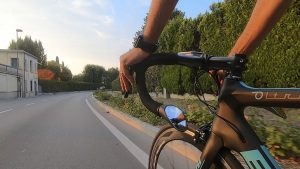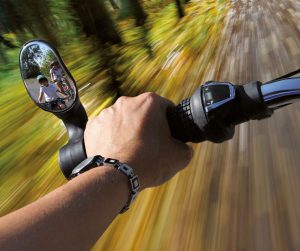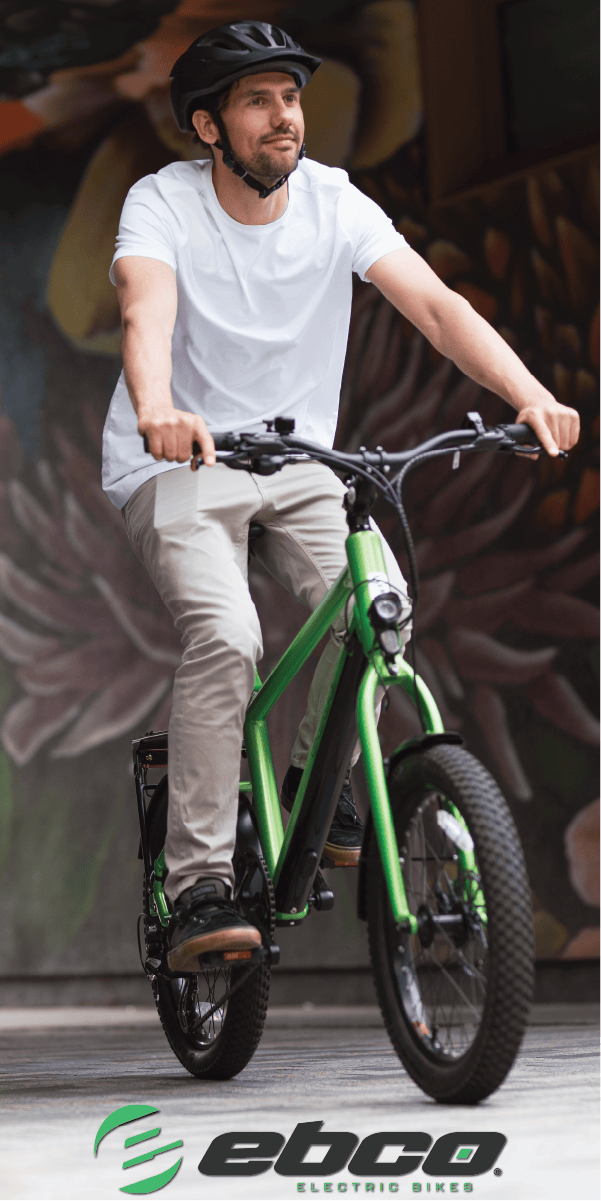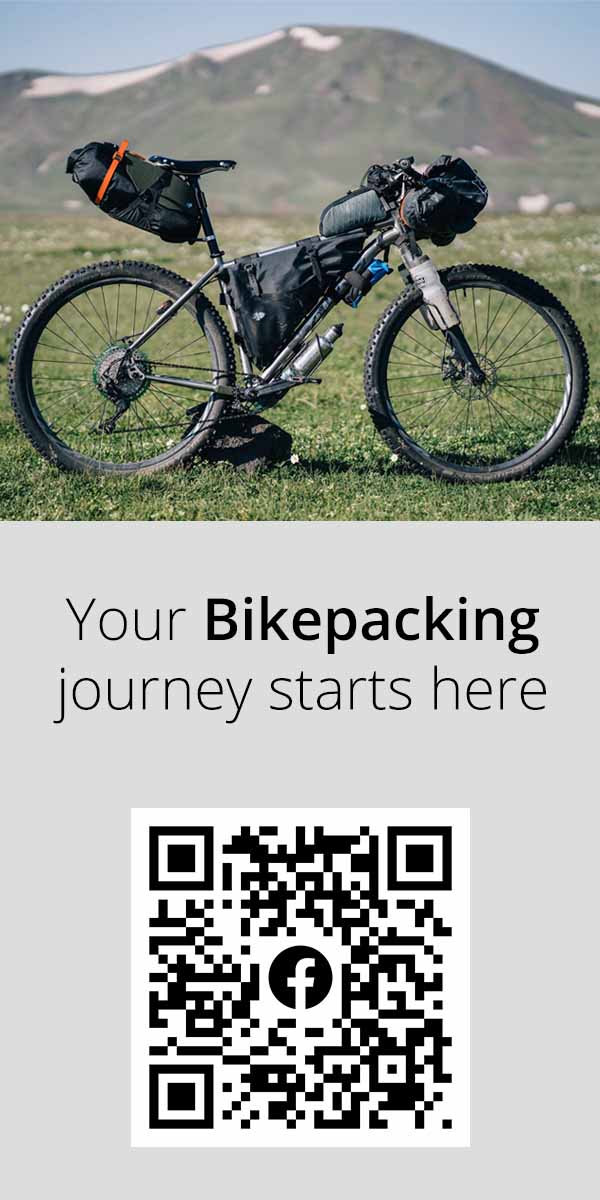E-Bike Tech by Bosch Set to Accelerate Into the Future
The e-bike revolution is well underway, and the pace of change within the market seems to be gradually getting quicker as more major players in the tech and sport industry look to enter the fold.
Longer lasting batteries, lighter and sleeker designs, improved technology within the rider interface; these are all inevitable improvements we can expect to see in the near future as companies look to raise the quality of their e-bikes.
The user experience will always rely on how it functions as a conventional bike first and foremost, but the future of e-bikes are firmly planted in the capacity of new technologies.
Taking a closer look at Bosch as an example, the engineering and technology behemoth is set to start rolling out their new ‘smart system’, which includes a new high capacity battery, which offers 20% more range than the next battery in their current roster for those higher altitudes and longer distances. It also boasts an LED control unit, seamless Kiox display, and connectivity to the Flow app. The company is responsible for the driving systems in many e-bikes currently in production, including those from Trek, Raleigh and Peugeot.
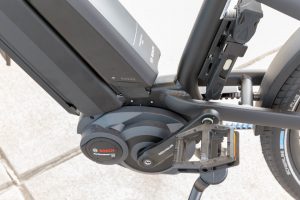
Claus Fleischer, the CEO of Bosch e-bike Systems, told TechRadar, “What is most of what is initially important for the rider is the settings, which you can use to adjust the bike to your liking.
“So you can choose different modes, different configurations, and adjust them to your to your own individual riding style.”
What this means in motion is you can tweak the power settings to your liking whilst you are riding, so if you are feeling particularly lazy on any given day you can relax that little bit more while the bike does most of the work.
However, an even more important personalisation function that the new system will provide is a seamless integration of tracking your personal cycling goals. A connectivity feature with your phone to the bike means that the moment you start pedalling, the bike will start tracking your activity, likewise when you end your journey the data will stop tracking.
This eliminates the archaic process of having to doing it manually, thus streamlining the rider experience. This will work upon launch with Apple Health, and plans for more third-party integration will follow soon after.
https://www.youtube.com/watch?v=mbKJWCMwlxg
Furthermore, Bosch are working hard to introduce internal tech solutions to further enhance the bike’s safety features. Most notably, the company are furthering their innovation from 2018 when they introduced anti-lock brakes by putting forward a ‘connect-and-call’ service; this means once you have an accident, the integrated system will immediately send a call to emergency services.
Bosch are also looking into the possibility of developing a system that will allow for bikes to communicate with cars and infrastructure, which would subsequently provide an early warning system so cyclists have knowledge of what is happening around them such as oncoming accidents.
Claus Fleischer went on to say that this is still firmly in the development stage, but the future holds much promise for the development of e-bikes.
“There’s nothing for next year’s Eurobike show, and not for two or three years, but it’s important that the industry is working on that with all the different partners like manufacturers, other systems suppliers, and communication providers.
“We are super excited how the bike has developed, all over Europe and in different countries.
“The last few years saw more cyclists using e-bikes, and riding more often and even longer than with a normal bike, for transportation, for commuting, and for sports and lifestyle.”




